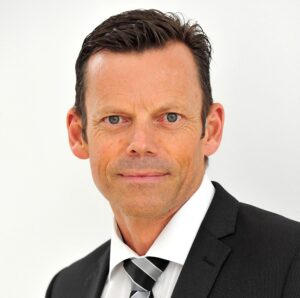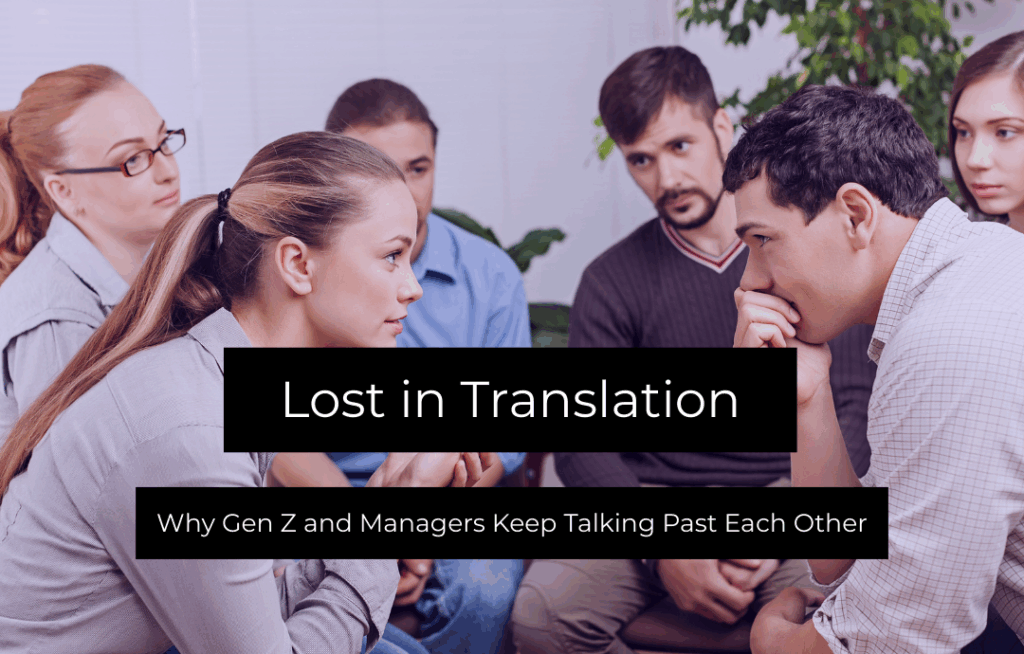Financial freedom is not about being wealthy
Inspired Leadership aims to equip people in the workplace to lead themselves well first. One of the elements that we need to lead is our relationship with money. Financial wellbeing is part of our overall wellbeing and an unhealthy relationship with money, and poor financial disciplines can radically impact overall wellbeing and as a result how we show up and perform in the workplace. We asked Johan Gouws, Head of Advice at Sasfin Wealth, to share his thoughts on financial wellbeing. You can also engage with him at our Expert Panel Discussion in November 2023 .
Guest Blog by Johan Gouws

What is Financial Freedom?
When it comes to money and financial freedom the natural conclusion would be that it refers to the ability to meet every single need we have. The logical question to follow would then be, how much is enough for us to experience financial freedom. But financial freedom is not just about the quantum of money we have. It is also about the meaning it has for us and the value we place on money. Financial freedom is therefore very much about our attitude towards money and determining what money means to us. In the modern world in which we live, money represents much more than just a means of exchange as part of our daily lives. It also represents reward, wealth, power, hope, access to opportunities, regret, safety, fear, security, anxiety, status, and shame. As much as it is a clinical and quantitative concept, money also has strong social and emotional elements to it.
Money as a Fluid and Contradictory Concept
Money is a fluid and contradictory concept that finds its meaning in the purpose for which it is used. It is therefore important to understand what money is and what it is not if we wish to manage our financial affairs in a responsible manner and experience true financial freedom. It is said that “money makes the world goes round”. This is largely true as it allows us to make a living, to pursue our interests and meet the everyday needs for ourselves and those of our households. We spend much time and cognitive, physical, and emotional energy working for it, saving, and investing it, preserving it and spending it.
Wherever money goes it brings comfort to some and suffering to others, and in the same way money means everything to some but nothing to others. While money can buy us the very important goods and services we need, it also has its limits. It cannot buy us lasting love, peace, comfort, health or happiness. These attributes are a function of our ability to choose a life of happiness and contentment, regardless of how much money we have. Which means that money itself has no power. Whatever power and influence it may exert in our life are a function of our attitude towards money and the way we treat it.
The late Rabbi Lord Jonathan Sacks has a chapter on charity in his book ‘The Power of Ideas’ where he says: ‘Active citizenship begins with the insight that we are worth what we are willing to share with others.’ He relates the story of Sir Moses Montefiore where someone once asked him: ‘Sir Moses, what are you worth?’ He thought for a while and named a figure. ‘But surely’, said his questioner, ‘your wealth must be more than that.’ Sir Moses replied: ‘You didn’t ask me how much I own. You asked me how much I am worth. So I calculated how much I have given to charity thus far this year – because we are worth what we are willing to share with others.’
In “The Book of Joy” the Dalai Lama and Archbishop Desmond Tutu contemplates what happiness and joy truly means. They identify the world and our education system’s focus on external or materialistic values as a source of much suffering and discontent. This results in our hearts and minds operating from a flawed base of values and principles when it comes to our everyday decisions, and we become the creators of our own financial captivity and challenges.
The solution that they offer to achieve a state of happiness and contentment is to rather focus on our inner values and non-negotiable principles, which is our real humanity. A set of values and principles that sets our true north on our money journey and that aligns our financial behaviour with our purpose in life. These values include compassion, contentment, commitment, generosity, gratitude, patience, simplicity, and stewardship.
The Power of Values and Principles
Having sound values and principles are of great assistance when it comes to how we treat money. Whatever we truly pursue or seek in life requires not only our attention, but also our intention. At the core of our money behaviours lie the meaning of money in our life. The meaning we place on money will be different to those around us as it is born from our earliest life experiences. Knowing what money means to us also helps us to gain greater consciousness around our own money behaviour and in determining how much is enough from both a materialistic as well as a moral perspective.
Since the day we were born we have been developing a sense of our self-worth and our values based on our personal real-life experiences, exposure to different situations and formal education. Our sense of self-worth and our personal values form the basis of the principles, beliefs and fears we have when it comes to life. These deep seated and unconscious set of beliefs and fears create blind spots when it comes to our preferences, attitude, and behaviour around money. To change our faulty money behaviours, we need to do regular, non-defensive introspection and reflection and invite constructive feedback from others with whom we stand in a relationship of trust and respect. As the forces of greater insight and awareness start to grow, we become less concerned about our blind spots and more focussed on our unique strengths and priorities when it comes to managing our personal finances.
Having Regular and Honest Money Discussions with Our Children
Having regular and honest money discussions with our children will assist them in developing a healthy sense of what true financial freedom means from early on in their lives. At the dinner table this evening, a few questions that would help you get the conversation going are things such as: are rich people always happy people, if you had to choose would you rather want to live a life of comfort or a simple but uncomplicated life, what are the things in life that matters more than money? Having these discussions may be the greatest legacy we could ever leave the next generation.
Should you be interested in having a money conversation facilitated by a wealth specialist, please email info@sasfin.com or contact 0861 SASFIN (0861 727346).
Johan Gouws
Head of Advice at Sasfin Wealth
About Johan Gouws:
Johan is passionate about enhancing and building things, and enjoys making teams work to achieve goals. His focus is specifically on establishing a solid foundation, simplifying, and shaping processes so that the company can develop new offerings and streamline its current solutions. In running a smart, sustainable and efficient business, he believes we can manage our risk, comply and craft a better client experience.
Connect via LinkedIn: https://www.linkedin.com/in/johan-gouws-1299133/
Do you need to equip your organisation to lead themselves and others well? Download our brochure to find out how we can help.





